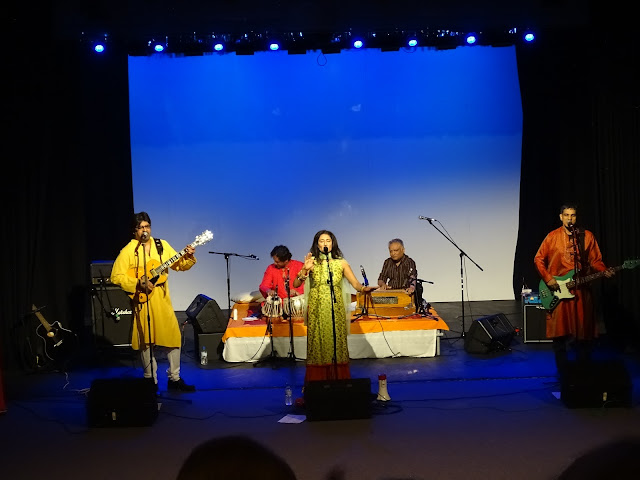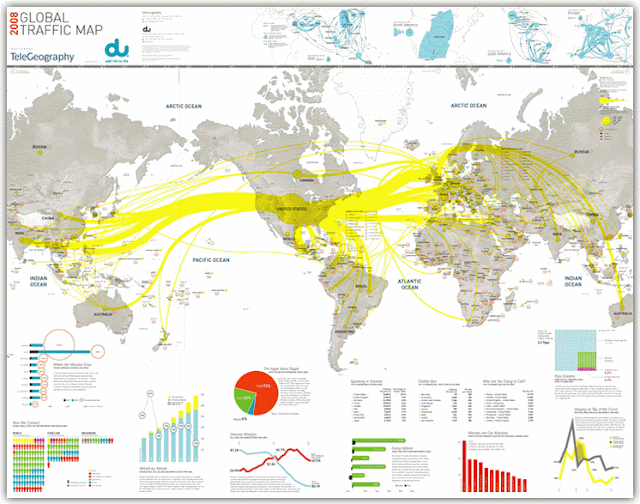Coronavirus Protests: An Analysis
In response to stay-at-home orders and other social distancing and business regulations put in place during the COVID-19 pandemic, protests have sprung up across the United States, particularly in places with tighter restrictions on travel and business. Conspiracy theories regarding the legitimacy of the virus and the benefit of these measures have also taken hold. Although civil disobedience has a long history in the United States and the world, these protests diverge from them in a couple key ways.
Most of the protests surround perceived attacks on personal liberties like running a business, gathering in large groups, or traveling. Simply put, the protests are fundamentally libertarian. One of the guiding ideas of classical libertarian thought is the non-aggression principle, often shortened to NAP, which says that an individual’s rights extend to the point that they do not harm others; violence in self-defense or response to an earlier aggression, however, is allowed. This framework, outside of the unusual circumstance of a pandemic and along with certain presumptions about capitalism, would certainly permit the sort of things that have been limited over the last few months: congregating with others, the free exchange of certain goods and services, and so on. Crucially, the ongoing pandemic actually means that the very existence of these sorts of activities—the very participation in public life that has been curtailed—can fairly easily be taken as a violation of the non-aggression principle. Taking into account both the collective nature of fighting a pandemic and the interconnectedness and interdependence of contemporary society, the reckless behavior of an individual—which usually hurts the individual almost exclusively—necessarily harms others in society. Similar situations are observable in attempting to create laws about drunk driving, for example. The American tendency to blindly pursue a sort of unfettered and individualist liberty seems to be one of the reasons we have struggled to effectively combat COVID-19, among many other factors.
The States could take cues from any number of its international peers. Many countries, authoritarian and democratic alike, have succeeded in responding to COVID-19 in a more measured and scientific way. Granted, the United States is much larger and sees much more international travel and shipping than many other countries, but the federal and some state-level responses have been slow and inadequate. Some countries, particularly island states and ones with smaller populations, successfully contained the spread of the virus, ramped up testing quickly, carried out contact tracing, and are now nearly back to normal. The States, on the other hand, can anticipate months of drawn out reopening and inconsistent state-level legislation. Particularly in an election year, the impact of COVID-19 cannot be overstated.
Most of the protests surround perceived attacks on personal liberties like running a business, gathering in large groups, or traveling. Simply put, the protests are fundamentally libertarian. One of the guiding ideas of classical libertarian thought is the non-aggression principle, often shortened to NAP, which says that an individual’s rights extend to the point that they do not harm others; violence in self-defense or response to an earlier aggression, however, is allowed. This framework, outside of the unusual circumstance of a pandemic and along with certain presumptions about capitalism, would certainly permit the sort of things that have been limited over the last few months: congregating with others, the free exchange of certain goods and services, and so on. Crucially, the ongoing pandemic actually means that the very existence of these sorts of activities—the very participation in public life that has been curtailed—can fairly easily be taken as a violation of the non-aggression principle. Taking into account both the collective nature of fighting a pandemic and the interconnectedness and interdependence of contemporary society, the reckless behavior of an individual—which usually hurts the individual almost exclusively—necessarily harms others in society. Similar situations are observable in attempting to create laws about drunk driving, for example. The American tendency to blindly pursue a sort of unfettered and individualist liberty seems to be one of the reasons we have struggled to effectively combat COVID-19, among many other factors.
The States could take cues from any number of its international peers. Many countries, authoritarian and democratic alike, have succeeded in responding to COVID-19 in a more measured and scientific way. Granted, the United States is much larger and sees much more international travel and shipping than many other countries, but the federal and some state-level responses have been slow and inadequate. Some countries, particularly island states and ones with smaller populations, successfully contained the spread of the virus, ramped up testing quickly, carried out contact tracing, and are now nearly back to normal. The States, on the other hand, can anticipate months of drawn out reopening and inconsistent state-level legislation. Particularly in an election year, the impact of COVID-19 cannot be overstated.





Comments
Post a Comment